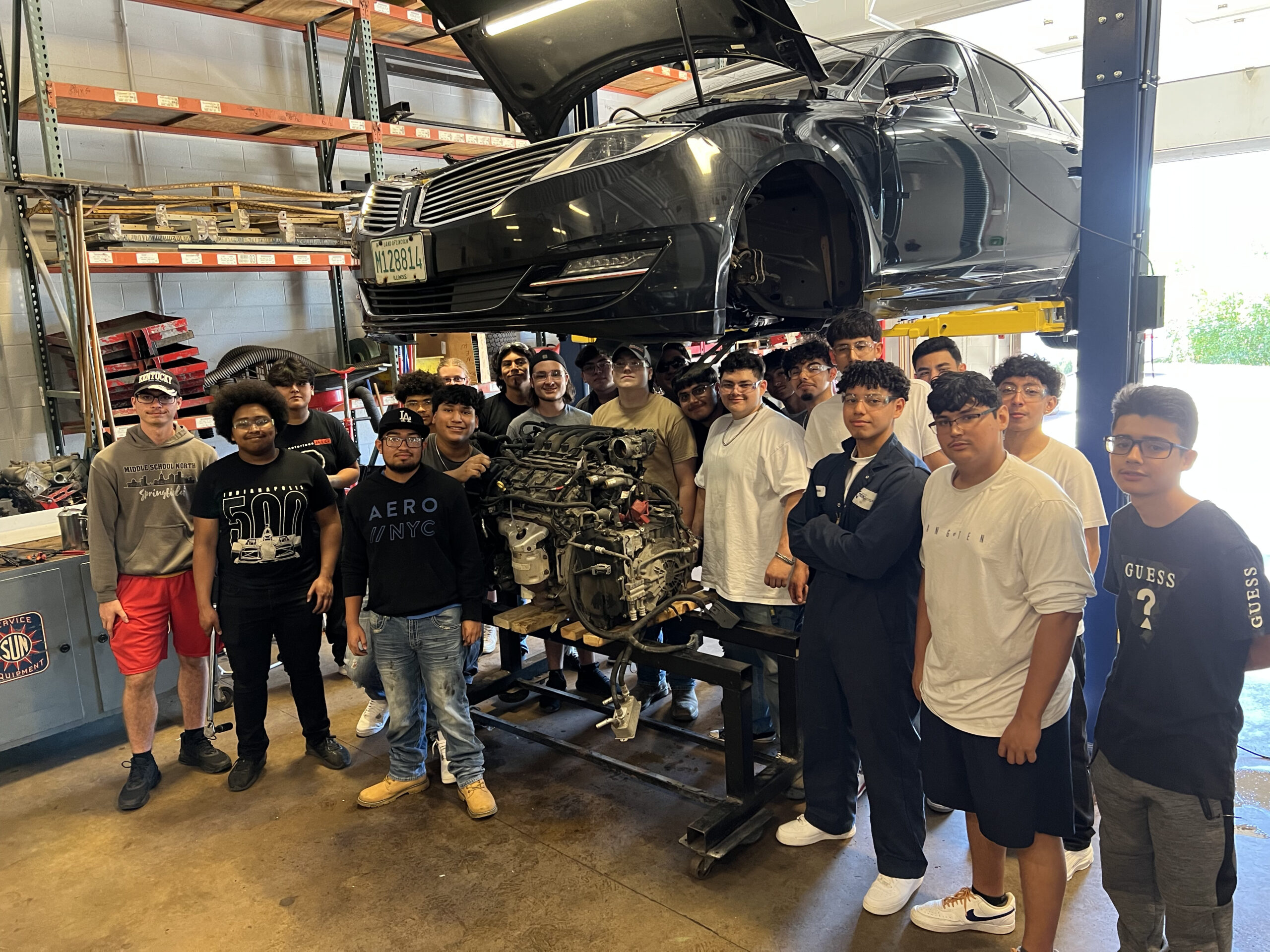
In a world where the boundaries between education and industry are often rigid, Lake County stands out for its strong network of collaborative partners who band together to empower youth with real-world skills inside and out of the classroom. The nonprofit organization Give Me 10 is a profound example of this incredible fusion of industry and workforce development. Founded by a visionary educator, Sue Dickson at Closs Tire & Auto, this initiative has blossomed over the past seven years, reshaping the landscape of career and technical education.

It all began with a simple yet powerful idea: to cultivate collaboration between academia and business. Sue grew up in the automotive business, watching her father grow his small shop in Waukegan. When he passed the company on to her, she tackled the issue of finding trained technicians head-on. She quickly met with the Lake County Tech Campus, offering help to establish a new internship program.
What has developed since then is nothing short of remarkable. The Give Me 10 program provides a work-based learning model that any industry can use to bridge the skills gap. It combines classroom instruction with on-the-job opportunities that provide a seamless introduction to the career path chosen by the student. It simplifies the relationship between business and vocational education, at no cost. Instead, the program relies on the donation of time, which is used to help integrate students into businesses and grow new employees.
“Give Me 10 gives students hands-on experience to prepare them for the workforce,” notes Ms. Dickson. “We started with six kids interning at local shops, and over the years we have fine-tuned the program and it is now a talent pipeline for 35 automotive repair shops, and businesses in other industries too. This growth was made possible through strategic partnerships, including collaboration with Lake County Workforce Development, which secured federal grant money to fund work-based learning initiatives.”
Over $600,000 in WIOA federal grant money directly supports students in their work-based learning endeavors, paving the way for a seamless transition from education to employment.
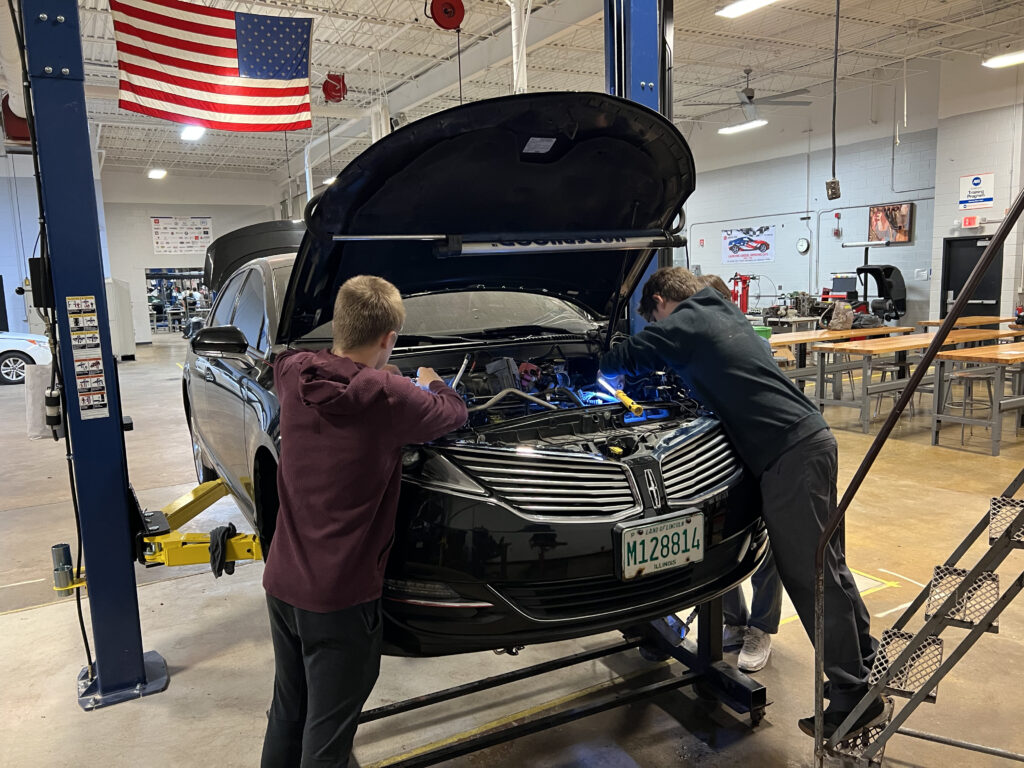
“One of the key principles of Give Me 10 is its commitment to empowering students,” notes Jennifer Serino, the Executive Director at Lake County Workforce Development. “Unlike traditional models where grants often benefit the institutions, here the focus is on the students themselves.”
“The program’s impact extends beyond individual success stories,” observes Derrick Burress, the Principal at Lake County Tech Campus. “By embracing all career pathways at the tech campus, Give Me 10 has become a cornerstone of career and technical education. From automotive and collision repair to culinary arts and construction management, students are exposed to a diverse array of opportunities, empowering them to pursue their passions and unlock their full potential.”
Central to Give Me 10’s philosophy is the idea of reciprocity. Through the “10-hour donation” program, local businesses give back to the community by providing mentorship and guidance to students. This symbiotic relationship not only enriches the educational experience but also strengthens ties within the community.
The program’s commitment to giving back is exemplified through initiatives like the Mother’s Trust and Tool Scholarship Fund. By raffling off the refurbished car and donating the proceeds, Give Me 10 not only supports charitable causes but also reinvests in the future of education.
One of the highlights of Give Me 10 is the Tech Campus Car project. Now in its third year, this initiative not only serves as a practical learning experience but also fosters community engagement. Students take a donated car through the entire repair process, from start to finish, honing their skills, getting invested in the project, and sparking conversations about their capabilities and long-term career goals.

Building strong relationships with industry partners is crucial to the success of Give Me 10. Through presentations and roadshows, the program simplifies the value proposition for educational partners, emphasizing the importance of growing one’s own employees from the ground up. This collaborative approach fosters a sense of ownership and investment in the students’ success.
As Give Me 10 continues to evolve, it remains committed to its core mission of transforming education and empowering communities. With private donations supporting students’ financial needs and on-the-job training opportunities paving the way for meaningful careers, the program is poised to shape the future of career and technical education for years to come.
In a world where learning is often confined to the walls of a classroom, Give Me 10 provides a breath of fresh air, and a future for students who might have otherwise not found the direction they needed to forge rewarding careers and hone their ambitions. Learn more about Give Me 10 here, and connect with us here to see how we can help you leverage Lake County’s incredible workforce.
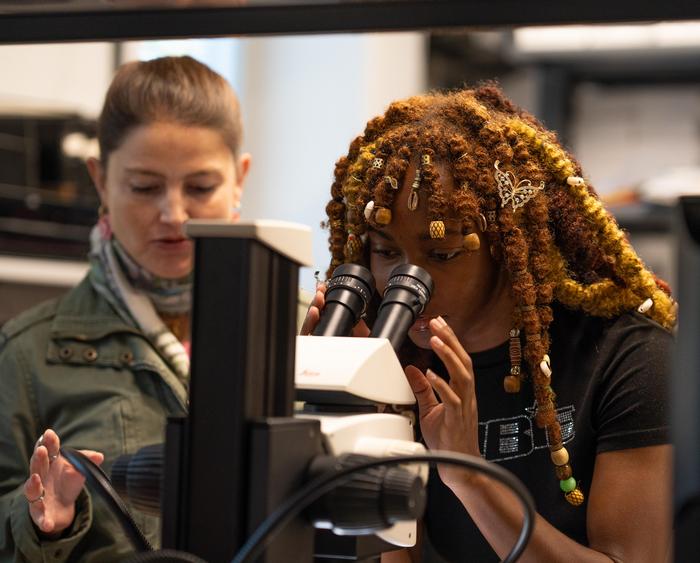
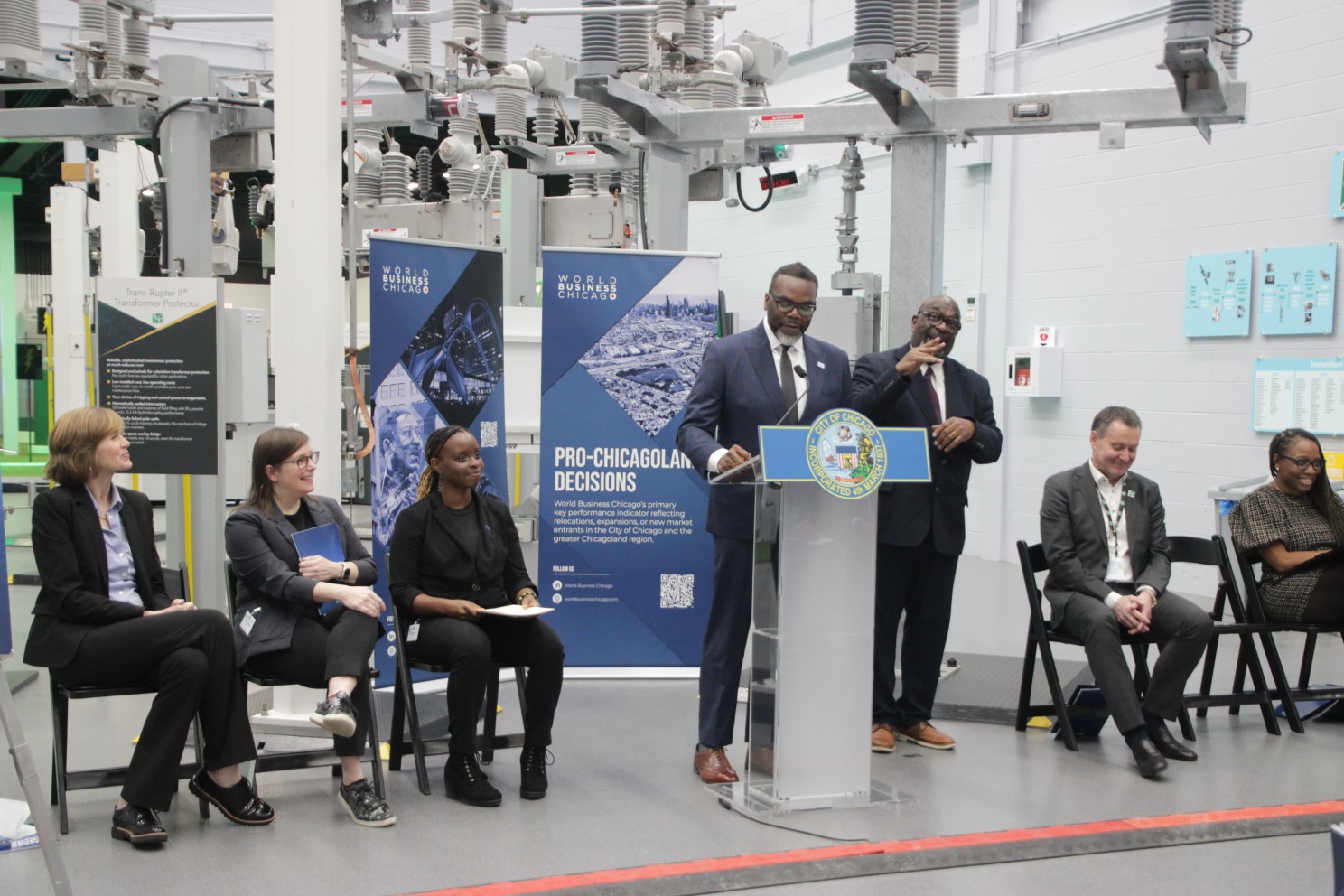
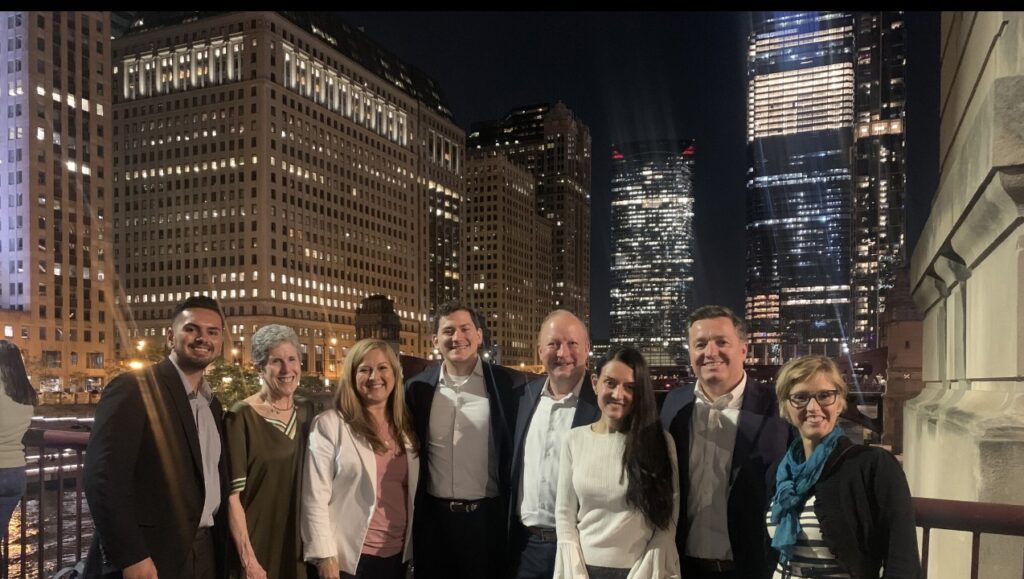
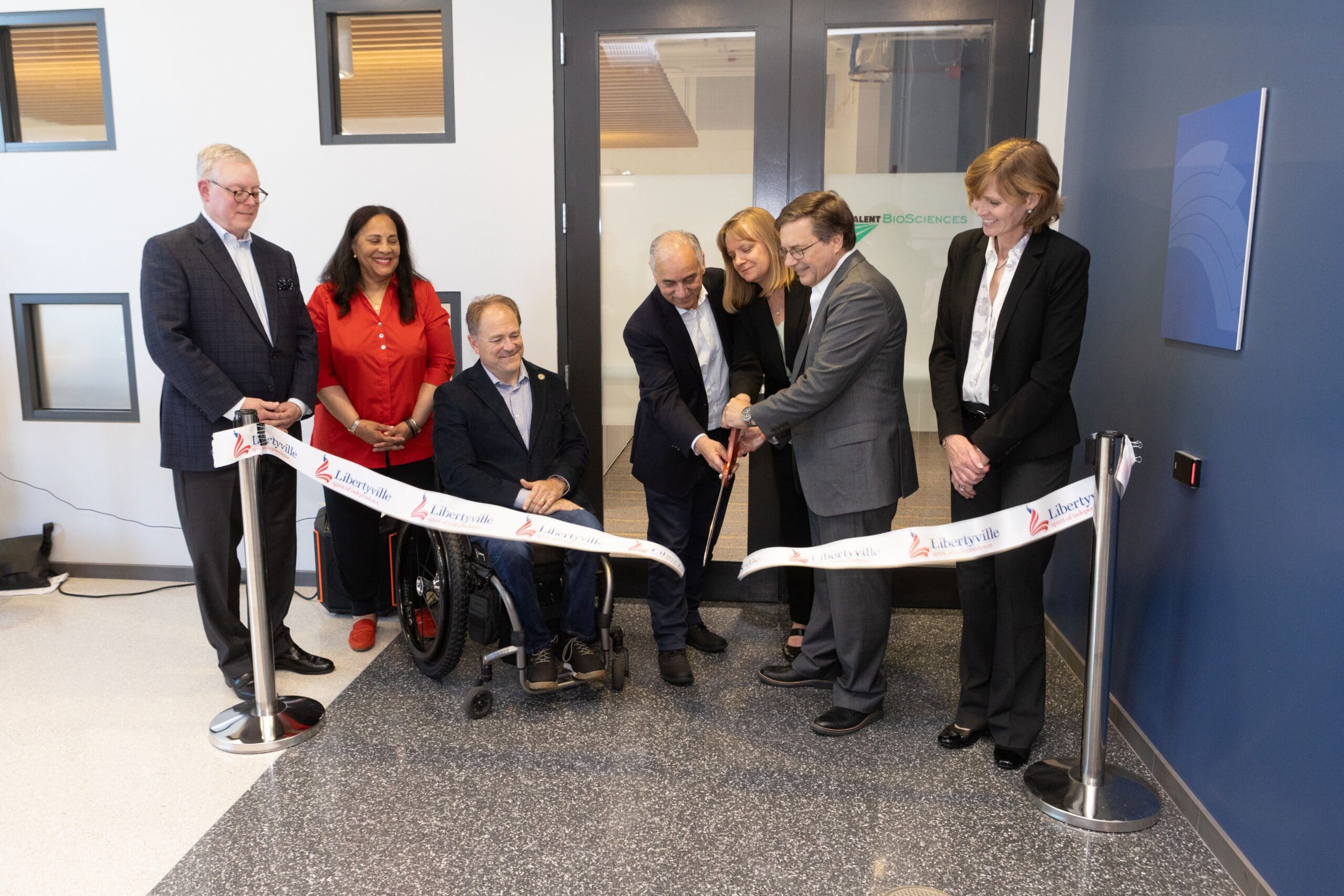
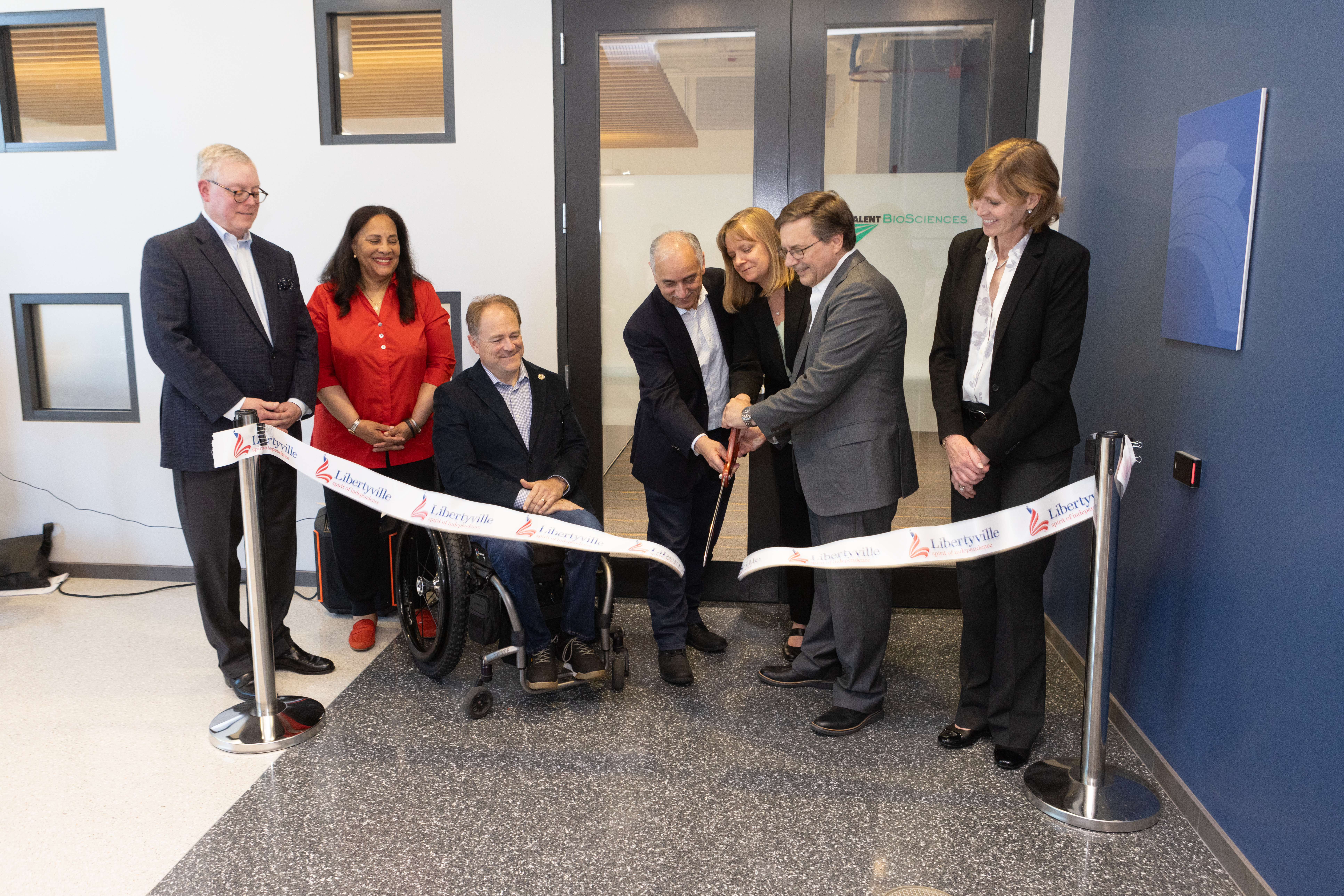
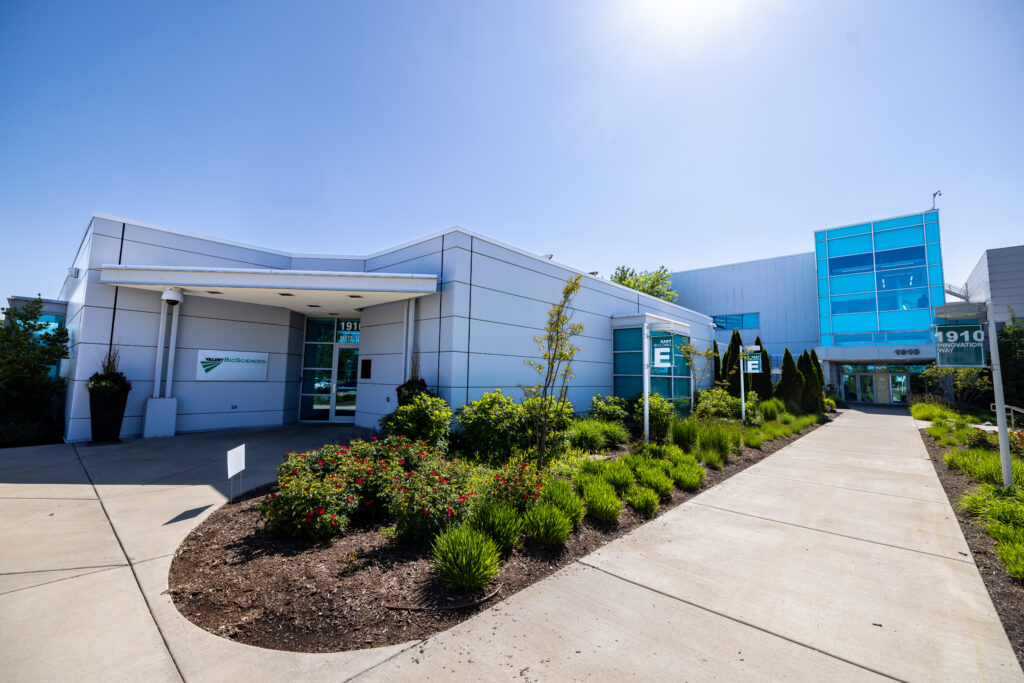
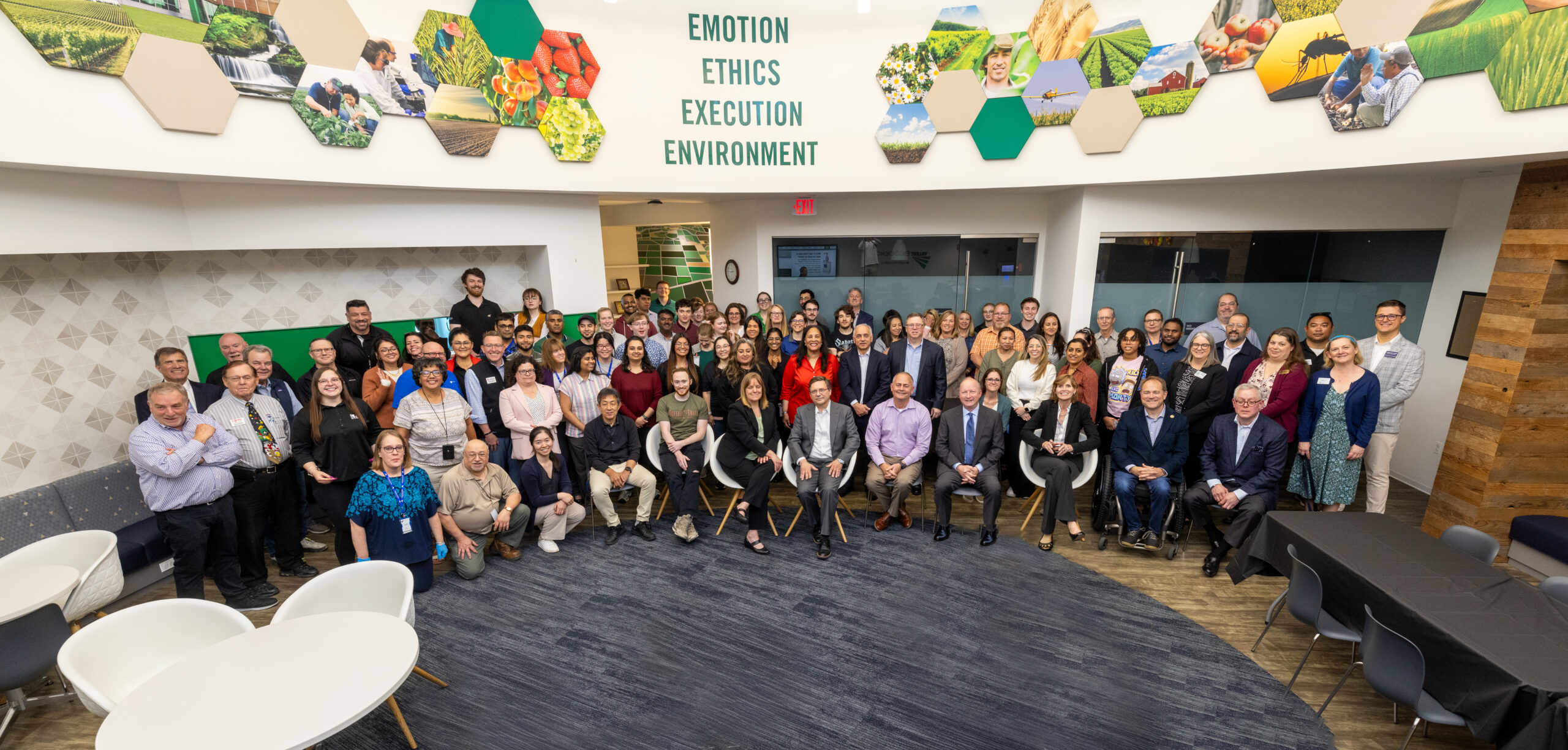
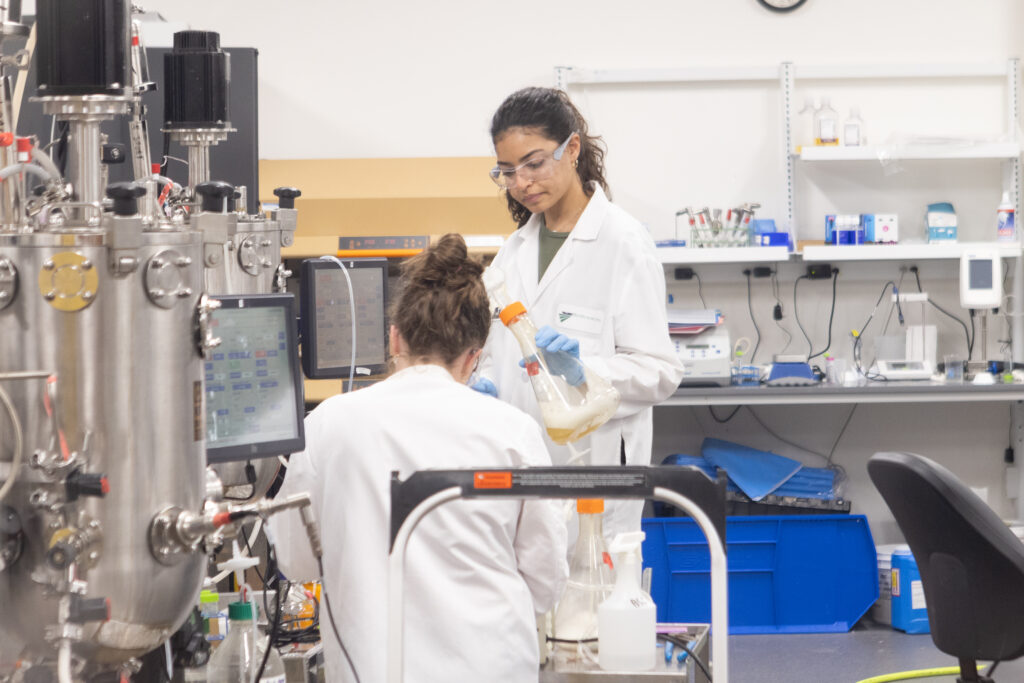

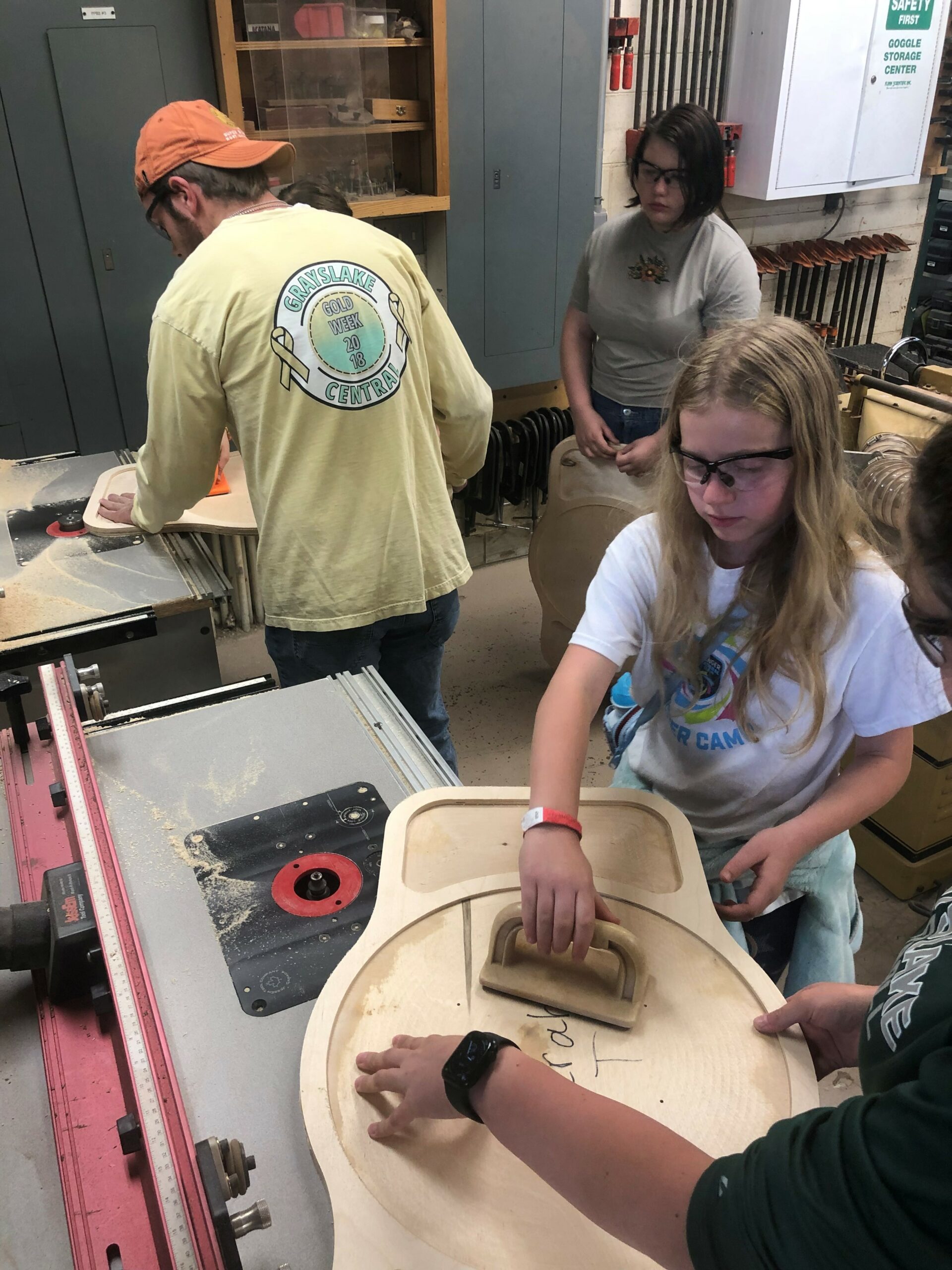



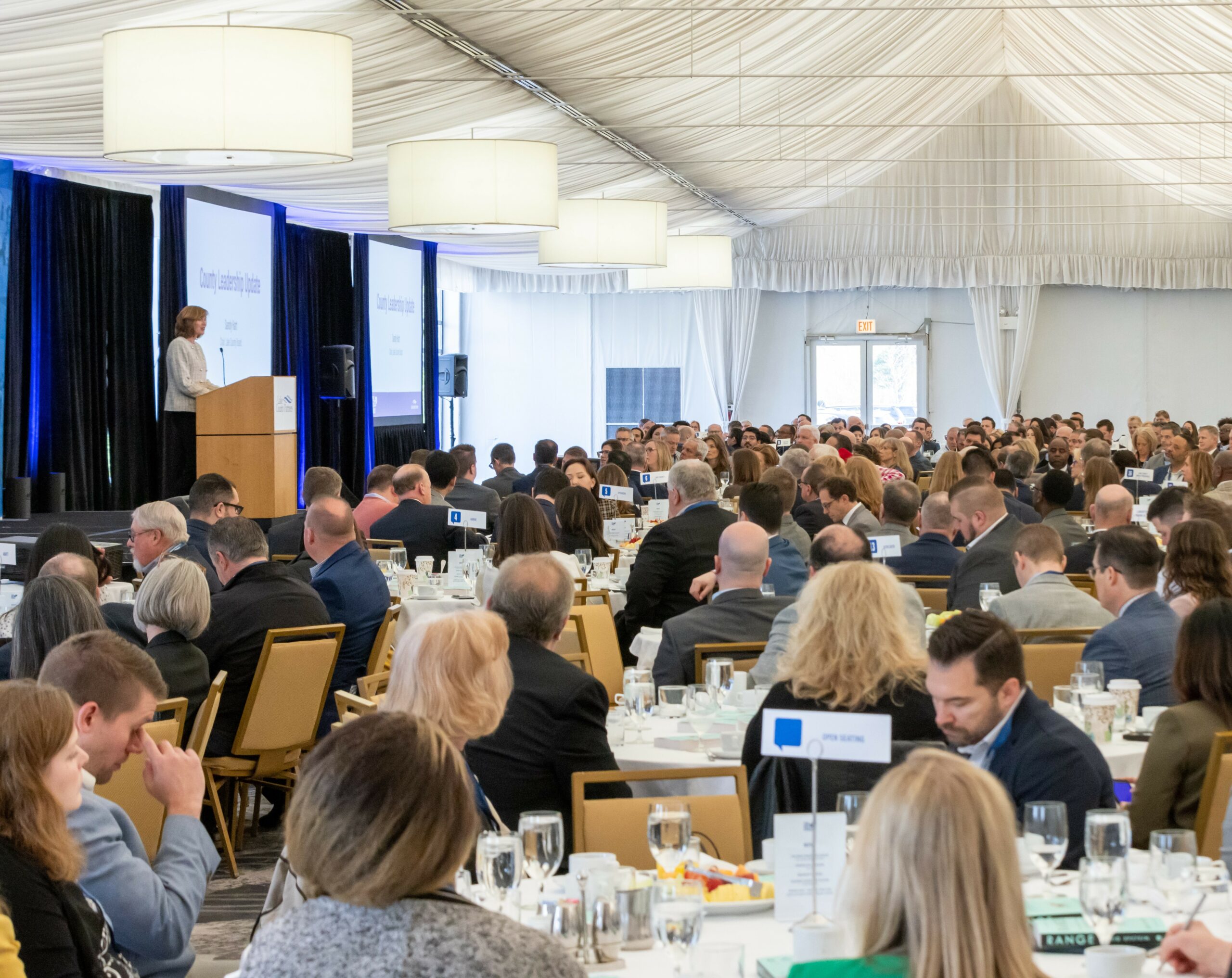
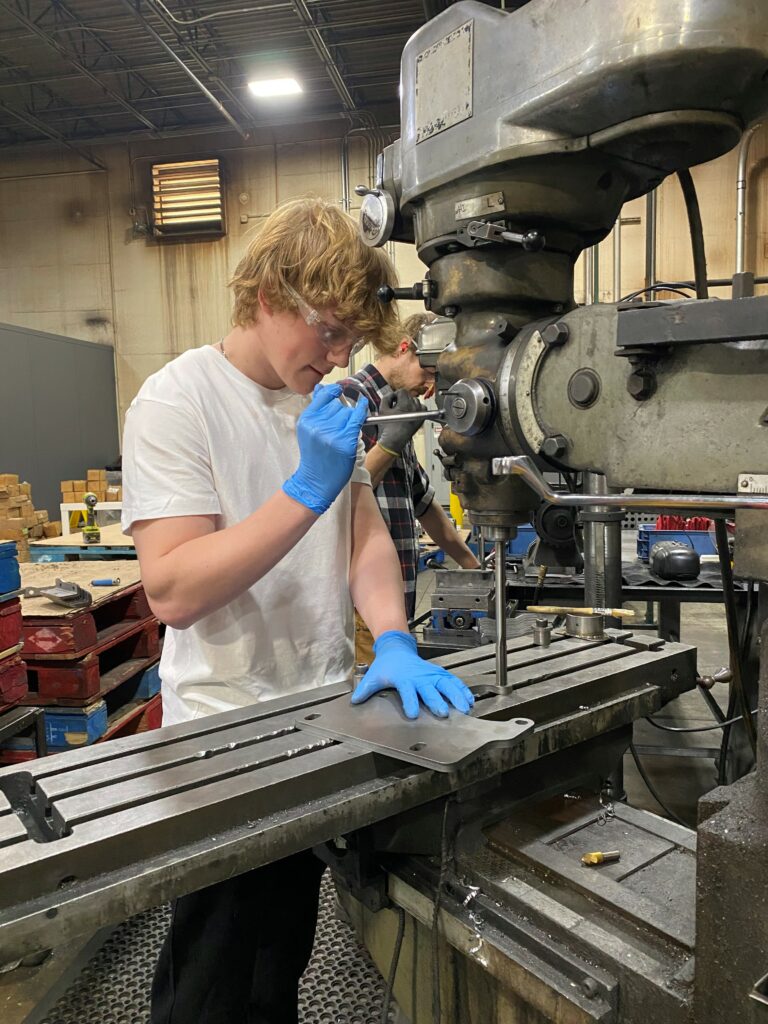
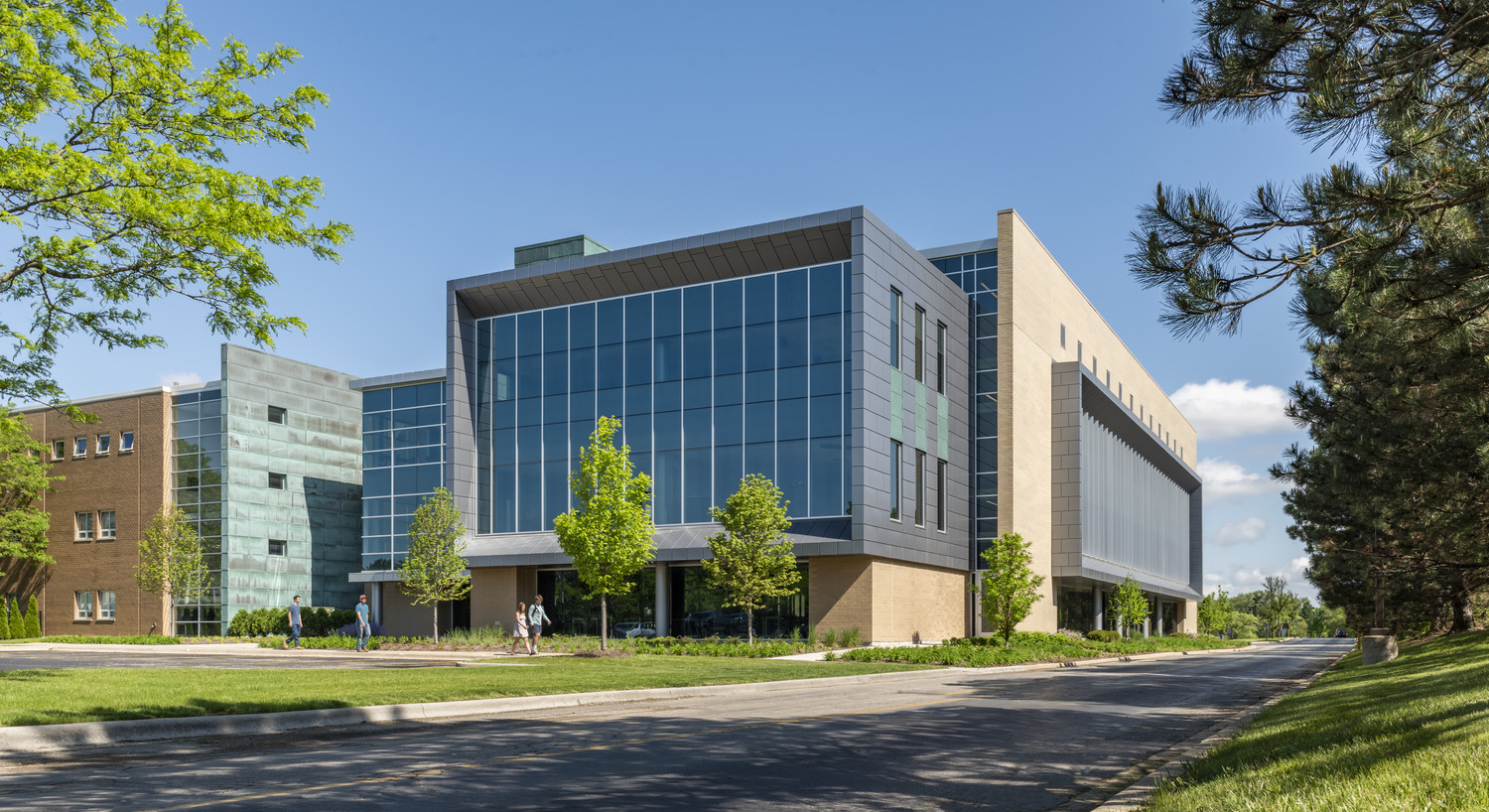
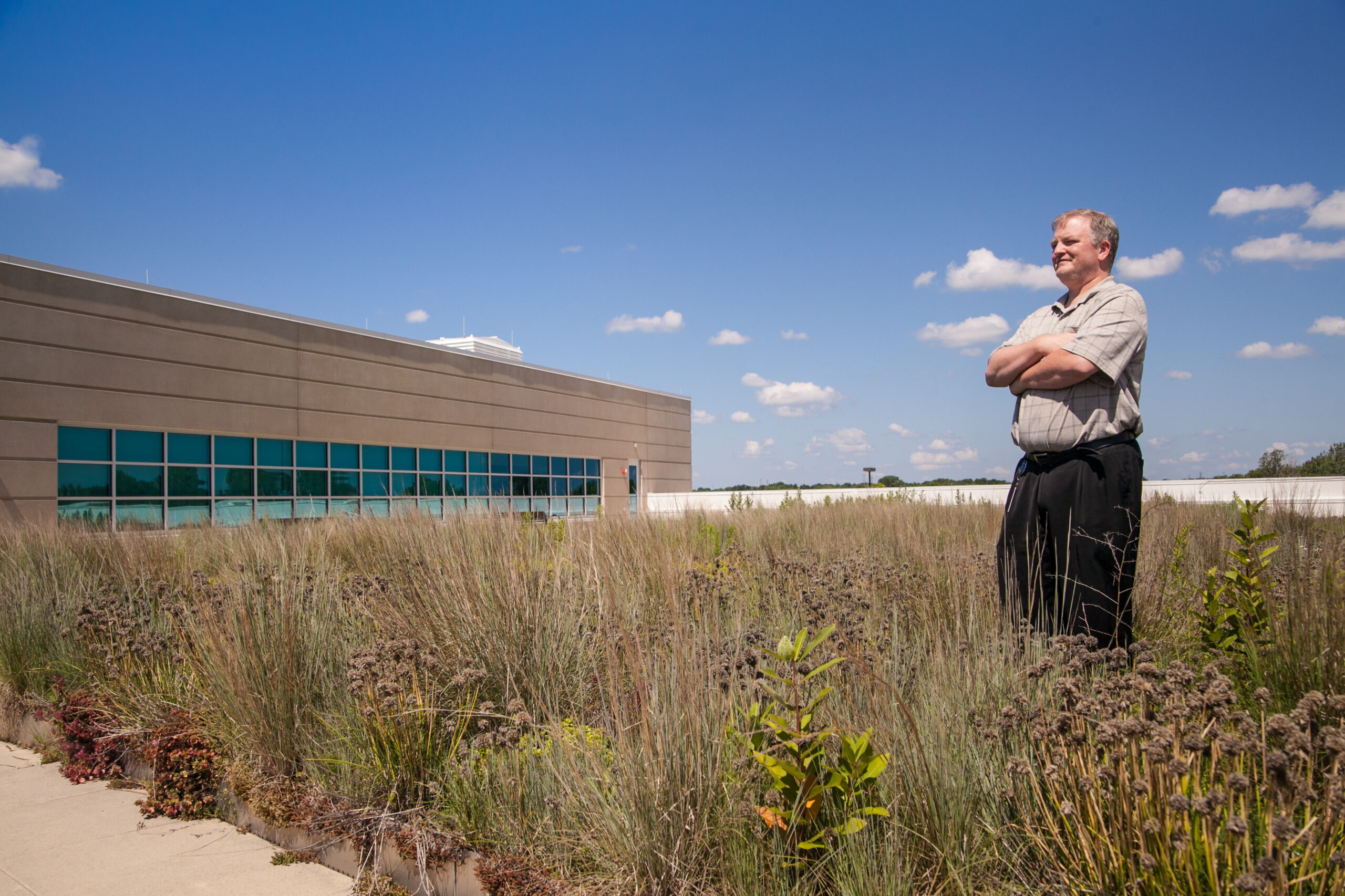

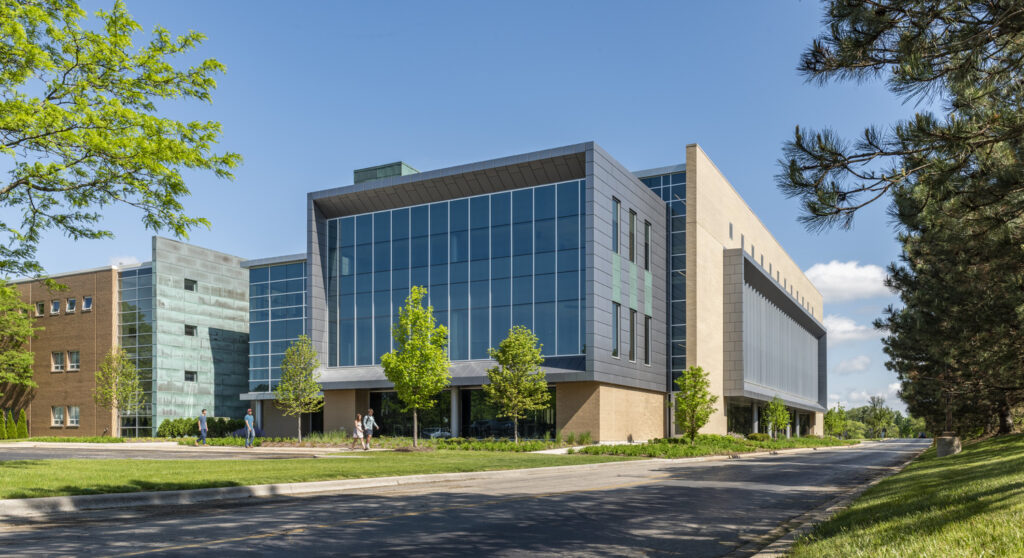

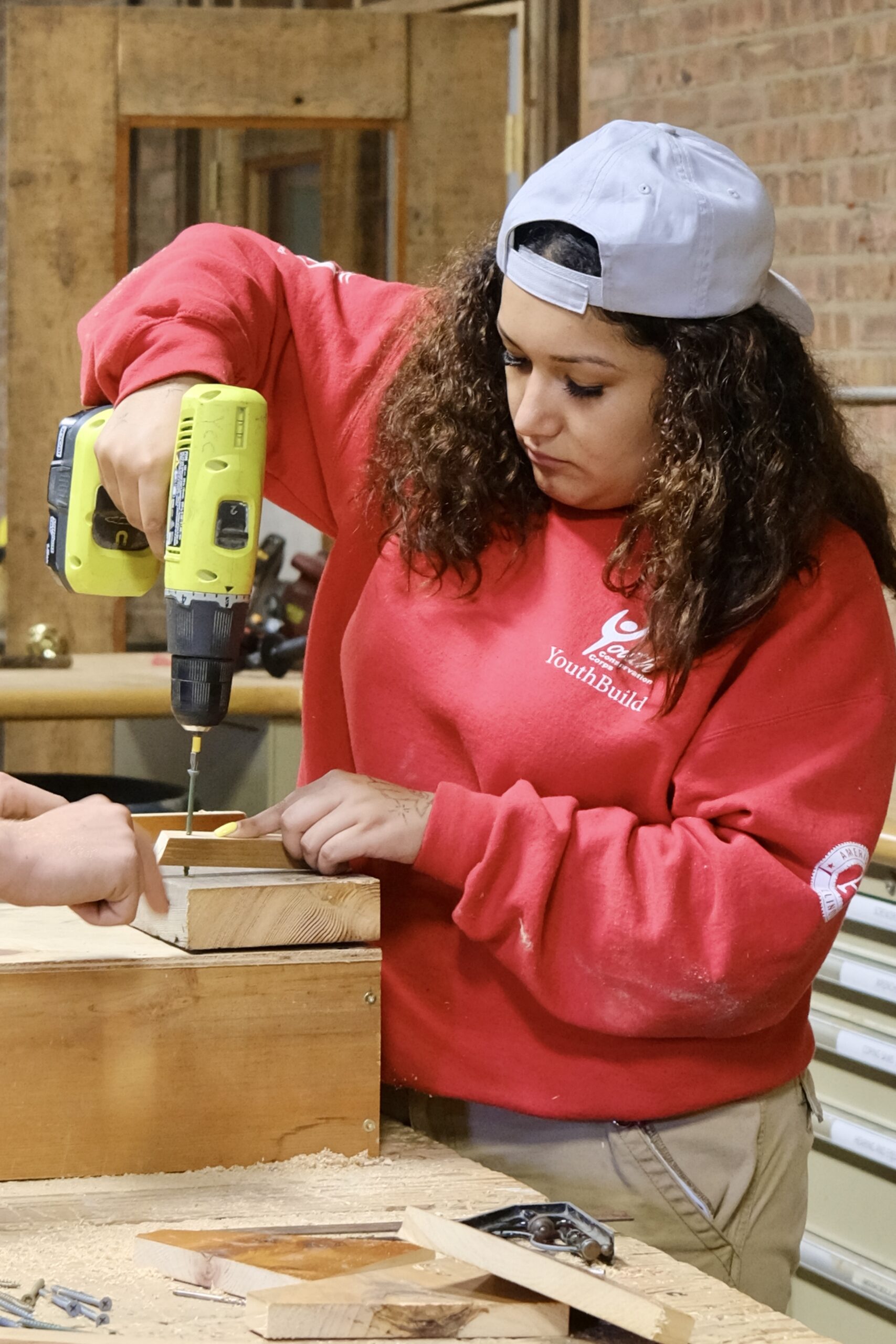
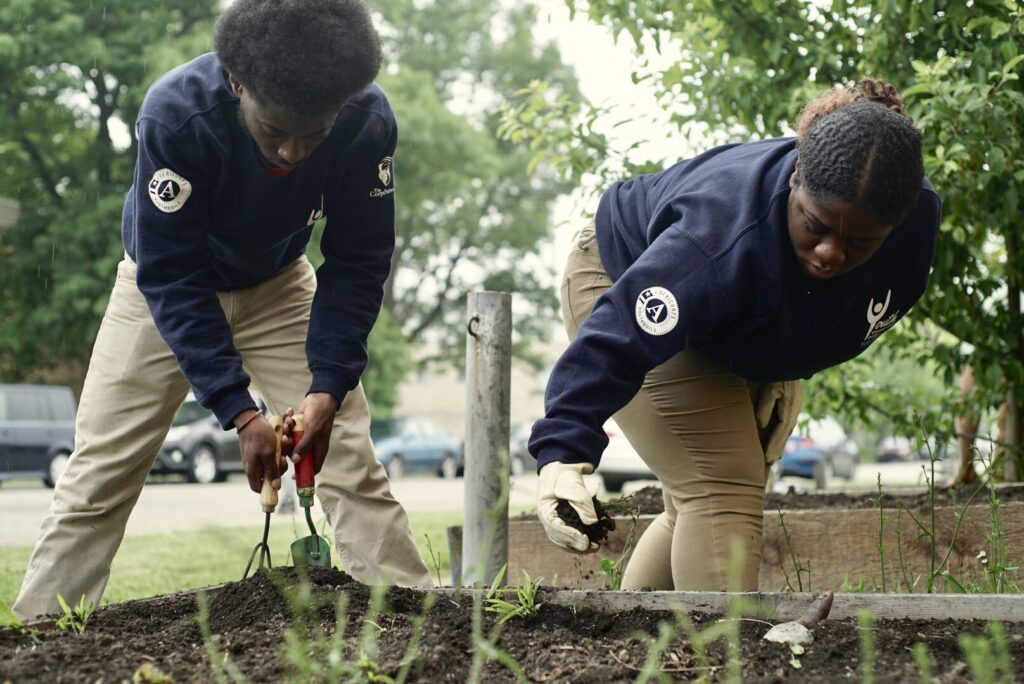
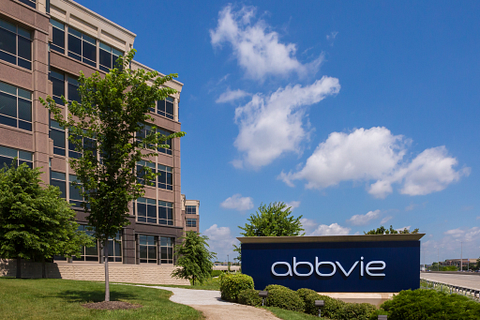
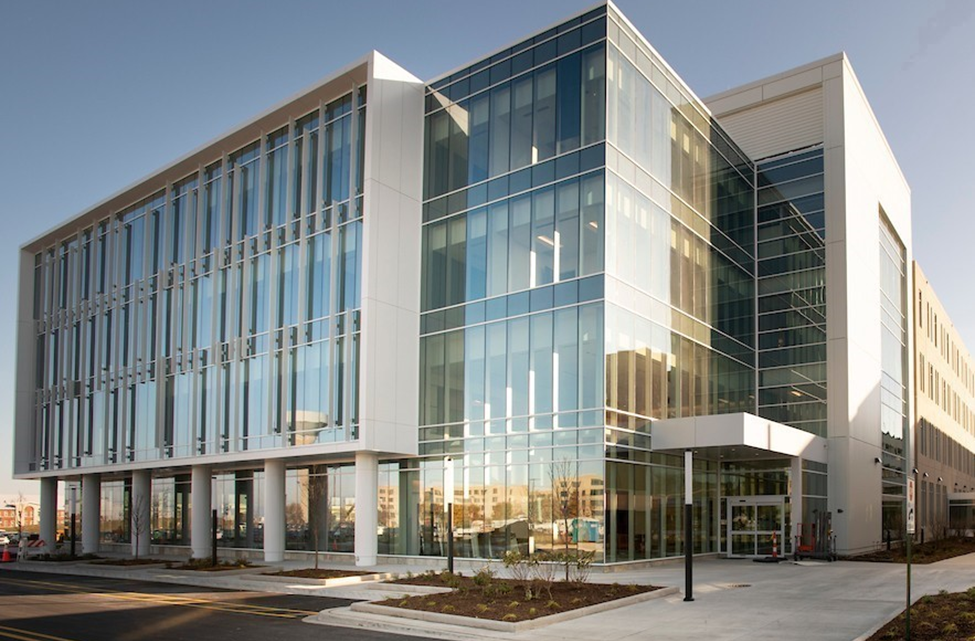
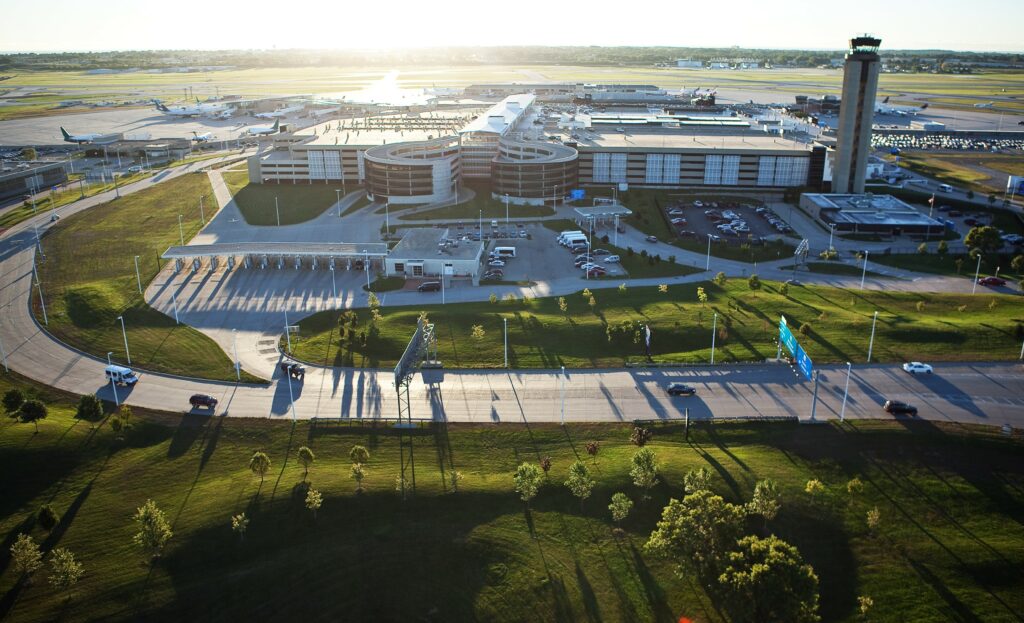
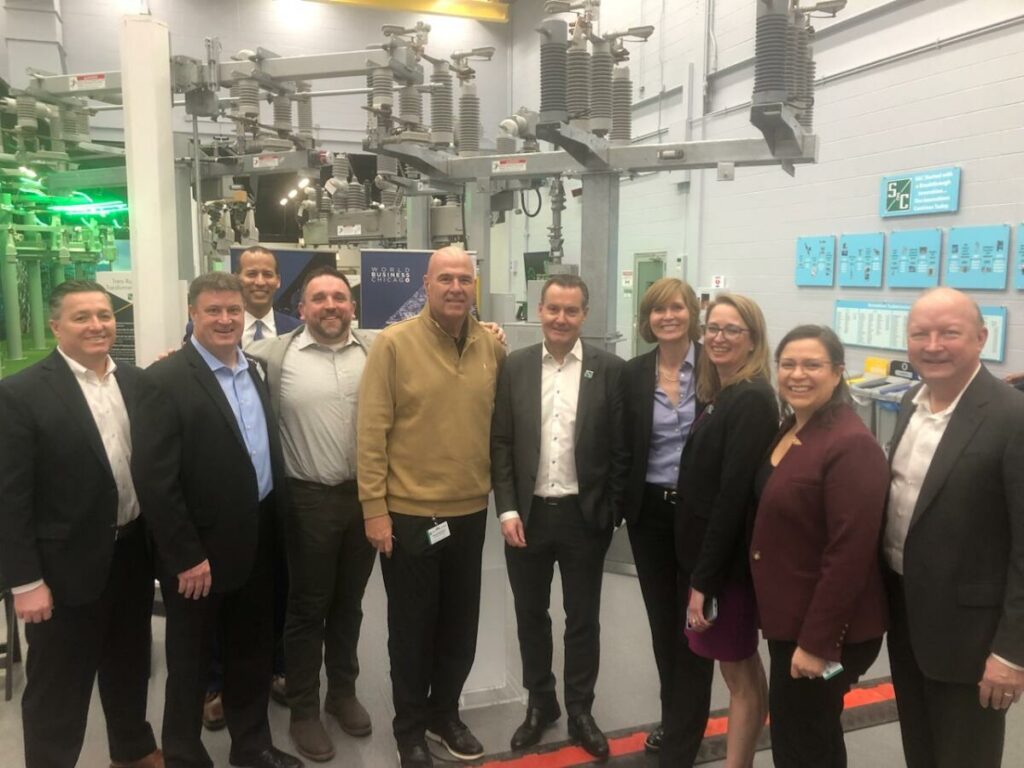
Recent Comments